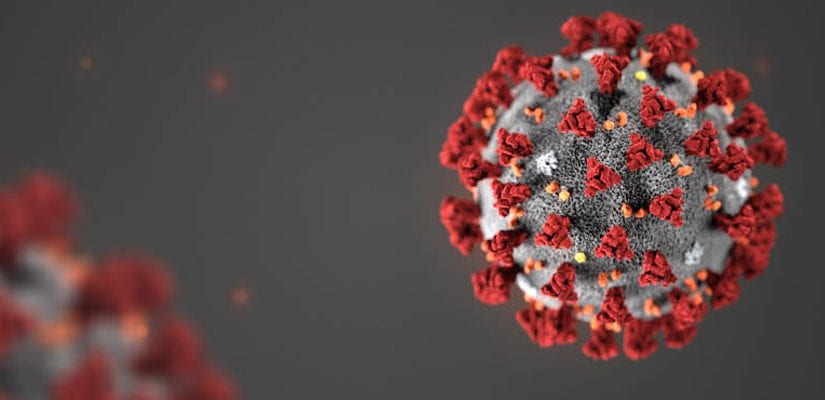It’s difficult now to think back to a time when most of us had not heard of words like coronavirus, COVID-19, pandemic, community spread, social distancing and self-quarantining. A time before all classes were abruptly moved online. A time before people started dying by the thousands from a newly emergent respiratory virus that forced people to stay isolated at home for weeks at a time and essentially shut down the world’s economy. A time where we could go where we wanted, when we wanted without worry. A time when the story of the virus didn’t dominate our media for months at a time.
The New York Times ran its first story on mentioning the coronavirus on January 8, 2020, announcing that researchers in China had identified a new virus that had infected “dozens of people across Asia.” (There actually was a mention of a “a pneumonia-like illness, the cause of which is unclear” in the Times on January 6, but it was not yet labeled as a coronavirus.) On January 11, 2020, Chinese state media made the first reports about the new illness, “including seven severe cases and one dead case.” (Note that the English translation here is from Google Translate.) Less than two weeks after the Times story, the United States had its first documented case of the virus that would turn out to be one of the most contagious and deadly viruses since the massive flu epidemic of 1918.
As the disease moved from something to be concerned about to being considered a likely pandemic, events that we would normally consume through our media started to get canceled.
On Wednesday, March 11th, 2020, Italian NBA star Danilo Gallinari was getting ready to start the evening’s game between the Oklahoma Thunder and the Utah Jazz. But the game never started, given that Utah All-Star Rudy Robert had just disclosed that he had tested positive for the novel coronavirus that causes COVID-19. The cancellation wasn’t a huge surprise to Gallinari, given the enormous toll that the disease had taken on his home country of Italy. This cancellation would be the harbinger of the cancelation of most of the rest of the season. (And as of this writing, it appears likely that the whole season will be canceled.)
This was followed in fairly short order with the cancellation of the NCAA basketball tournament, popularly known as March Madness, for the first time since it started in 1939. The College World Series also had to cancel, in large part because none of the teams that might be in contention were able to play their regular season games.
Not long after this, essentially all competitive sports in the United States, from professional basketball to youth league soccer have been shut down for the foreseeable future. And all of these sports cancelations have had an enormous effect on the television industry. The NCAA basketball tournament alone is worth an estimated $800 million a year to the television networks. ESPN was making plans to have a H-O-R-S-E free throw contest for NBA players competing individually from their home gyms, given that globally there were no sports to broadcast.
The pandemic has also had a massive effect on Hollywood. Summer blockbusters like the James Bond flick No Time to Die or the Marvel Cinematic Universe movie Black Widow have had their summer 2020 releases delayed, while Pixar’s Onward went from being released in theaters on March 6th to having a digital release on March 20th and made it onto Disney’s new streaming service on April 3rd. That’s less than a month from initial release to showing up on a streaming service. Of course, most of the movie theater industry had shut down by March 17.
New York’s Broadway theaters went dark starting March 12, closing down performances of hits like Hamilton, Oklahoma, and Frozen. But the stars of these shows have turned to streaming and social media to keep the buzz going on. For example, the Broadway Cares charity put together a crowd-sourced version of the song “Non-Stop” from Hamilton. The show’s official Twitter account sent out a request in late March of 2020 after Broadway had been closed for several weeks requesting fans to submit videos of themselves performing all or part of the song. An editor then assembled the clips into a video featuring dozens of separate performances from singers of all ages as a charity fundraiser.
As this is being written in April of 2020, almost all college classes in the United States are being taught using distance-education technology as students were sent home from their schools. Many students were actually home for spring break when they were told not to come back. This created a bit of a crisis for those students who had left their books back on campus, not having planned on studying during vacation. In response, Sage and other textbook publishers made ebook copies of their materials available for free for the rest of the semester.
The COVID-19 epidemic that started in the winter of 2020 will have a long lasting impact with many thousands of deaths, people forced to stay home and away from public places, and massive changes to our media industry.

